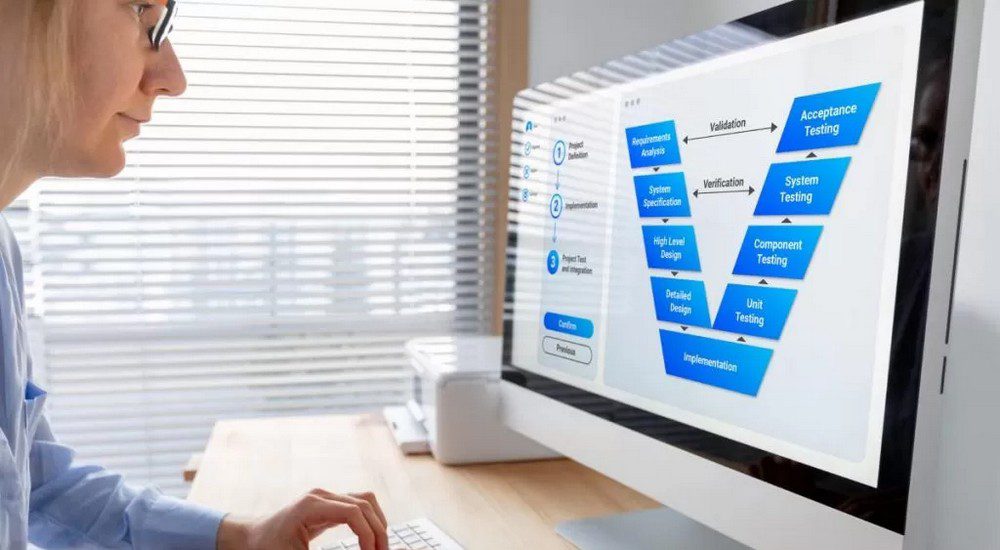Blog
Articles to grow your career
Article
Functional and Non-Functional Testing
Whether you have software testing experience or planning to start your training, you probably know software testing is categorized into functional and non-functional testing. Understanding the differences between the two can make all the difference when it comes to software performance and quality.
So, let’s discuss the differences between functional and non-functional testing below.
Understanding Functional Testing
First, let’s understand what functional testing entails. During functional testing, testers conduct various tests to determine if the software meets its intended functional specifications and requirements. To do this, testers validate each software function by providing the target input and checking the output to determine if the software serves the intended functional specification. Some critical elements checked during functional testing include:
- Database
- Security
- Server communication
- User interface and more
Please bear in mind that functional testing can either be manual or automatic. Moreover, this testing type focuses on the black box testing instead of the source code. Thus, it focuses on basic usability, accessibility, mainline functions, and error conditions.
How to do Functional Testing Like A Pro
You should test each aspect during functional testing. Discover how to do functional testing like a pro below:
- Start by figuring out the functional specifications of the software
- Understand each input, depending on the functional requirements
- Identify the expected outcomes of each input value
- Execute test cases
- Validate the outcomes with expected functionalities
Understanding Non-Functional Testing
Now that you know everything about functional testing let’s discuss non-functional testing. Unlike functional testing, non-functional testing focuses on non-functional aspects. This testing type strives to identify the readiness of the application based on non-functional parameters like:
- Usability
- Availability
- Integrity
- Efficiency
- Survivability
- Reusability
- Portability
- Security
- Performance
- Reliability and more.
Do you want to join us?
Leave an application and get a free consultation from our manager.
- Help in choosing a direction
- Course consultation
- Additional materials for the start
Why Non-Functional Testing Matters
Non-functional software testing seeks to improve the software’s security, usability, portability, reliability, and efficiency. It also prevents unnecessary costs and risks associated with non-functional parameters. What’s more, this testing type also facilitates internal research by providing crucial data and metrics.
Critical Differences Between Functional and Non-Functional Testing
You now know the what and why of each testing type. So, let’s highlight the key differences between non-functional testing and functional testing below:
- Functional testing strives to ensure that the software meets all the expected functional requirements, while non-functional software testing seeks to validate non-functional parameters like usability and reliability.
- Functional testing can be done automatically or manually, while non-functional testing is almost impossible to do manually. (Most times is automated)
- Functional testing seeks to comply with consumers’ requirements, while non-functional testing focuses on consumers’ expectations.
- Non-functional testing validates the performance and usability of the application, while functional testing checks the expected actions of the application.
- Non-functional testing focuses on how the application works, whereas functional testing looks at the description of the application.
- Testers always conduct functional testing before focusing on non-functional testing.
Ready to Join the IT World?
There you go, your comprehensive guide to functional and non-functional testing. If you can’t wait to launch your software testing career, we can help you realize your dreams. Check out our online courses and certifications to become a qualified QA tester and start making really good money!



